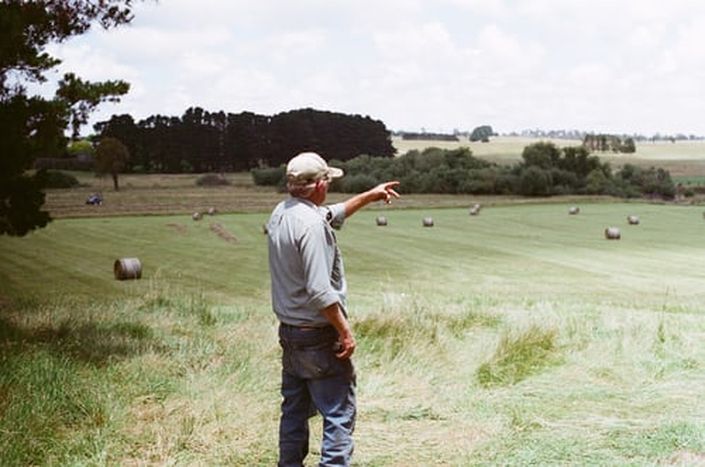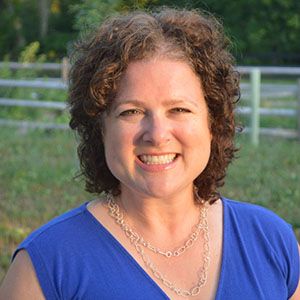
Monitoring for Change Pays Off
There is only one guarantee in agriculture or other land-based businesses: “When we improve land health we realize improvements in production, profitability, and social well-being.” So, how do we confirm and/or measure improved land health? We must learn how to read the land as we walk across it, and learn how to conduct various biological monitoring practices, from simple to more complex.
Target Audience
ALL LEVELS: Farmers, farm managers, and other landowners interested in learning how to improve land health through the power of observation, data gathering and interpretation.
Course Objectives
The primary learning objective for this course is to enable you to begin successfully understanding observations and information you can easily gather from a piece of land. This will allow you to establish a baseline of the land’s health and determine if your management decisions are moving toward what you desire for the land in terms of health and productivity.
In this course you will learn how to:
- Make visual observations
- Develop a monitoring transect
- Collect data
- Summarize and analyze the data you collect
- Use these data to change your management to move the land toward what you want
Webinars
A majority of the work is carried out on your own schedule, which can include readings, photographs, videos, graphics and PowerPoints. A key component are assignments in Teachable, our virtual classroom. To pace and coordinate the independent study there are weekly webinars during the course to allow you to learn from presenters and other students and to ask questions in real time. If you miss or wish to review any webinars, they are always recorded and posted for later viewing.
Webinar Schedule
Live instruction for 2025 has concluded. You
are welcome to enroll now to complete this course on a self-paced
schedule and join our next live session in 2026. All webinars are
recorded and posted in your online classroom to watch anytime. Once
enrolled in this course, you will retain access to all materials
indefinitely and may return to participate in future live offerings of
the course as well. Please join us!
Your Instructor

Elizabeth Marks, a certified Holistic Management (HM) educator since 2013, works with landowners to improve soil health and adapt to climate change. She retired from the USDA Natural Resources Conservation Service in 2025 after a 20 year career where she served as a regional soil health specialist for the Northeast. Elizabeth received a bachelor’s degree in biology from Mount Holyoke College. She lives in in the Hudson Valley in a net-zero, energy efficient home she designed herself.

Student Testimonials
"The teachers have a lot of experience in this line of work. The class is fortunate to benefit from their years of knowledge."
“Instructors were well informed and excited to share their knowledge. Offered support and guidance and answered questions after lectures."
"I feel like I was managing my land somewhat blindly, just trying to
apply whatever "best practice" I had heard about in a book or at a
conference. This course gave me the language and skills to observe,
measure, and analyze my management and determine which practices were
having the impact I wanted."
Course Curriculum
-
StartWeek 1 Webinar Slides and Recording
-
StartForum: Introduce Yourself!
-
StartExercise: Determine Soil Texture By Feel
-
StartExercise: Create a Soils Map of Your Property or Create a Painting with Soil
-
StartExercise: What is the history of your land?
-
StartForum: What did you learn about your soils and the history of your land this week?
-
StartQuiz
-
StartHomework: Email a picture of a problem on your land.
-
StartResource: Holistic Management International
-
StartWeek 2 Webinar Slides and Recording
-
StartResource: Identifying annually tilled versus perennial crops in aerial photos.
-
StartFORUM: What are you reading/watching/or listening to?
-
StartReading: Brittleness: An Introduction
-
StartReading: The Four Ecosystem Processes in Action
-
StartExercise: Ecosystem Health Analysis Worksheet
Frequently Asked Questions
Online Course Tiered Pricing
The Cornell Small Farms Program offers a tiered pricing model to provide greater access to our online courses. To determine your course enrollment cost, please consult the chart below, and honestly identify your current financial situation.
We realize that not everyone is able to afford the price of our courses, so we also offer a small number of scholarships each year to New York State residents. To apply, please read scholarship requirements and complete the application here.
